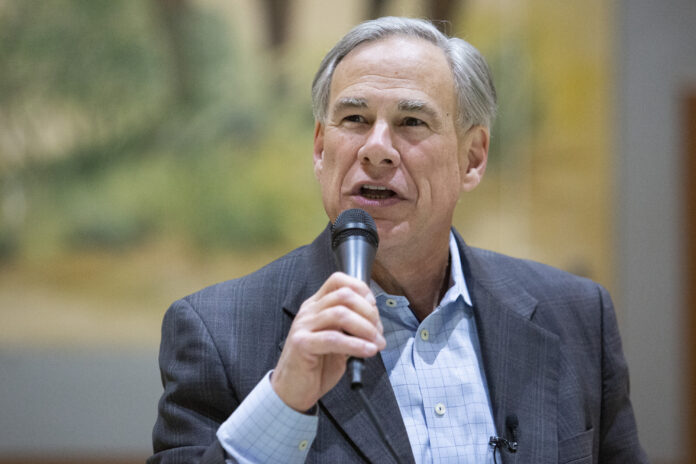AUSTIN Gov. Greg Abbott announced via press release on Thursday the mobilization of additional state resources to assist local fire departments in battling wildfires across Texas.
With increased fire potential worsened by excessively dry conditions, the Governor is directing the Texas Division of Emergency Management to deploy state resources in collaboration with the Texas A&M Forest Service.
“Communities across the state continue to be impacted by dangerously dry conditions that could lead to further spread of wildfires,” Abbott stated in the press release. “The State of Texas is working day and night to provide the resources needed to help support those affected by wildfires. To ensure the safety of all Texans and their loved ones, I strongly urge everyone to remain vigilant and heed the guidance of local officials to prevent the spread of wildfires.”
In the past week, state agency responders have assisted local officials with their response to 115 wildfires, totaling 10,242 acres statewide. Two additional Texas Intrastate Fire Mutual Aid System strike teams, consisting of 32 firefighters and 10 engines, were mobilized today to support local firefighting efforts.
In addition to the newly activated state resources, the following are currently deployed across Texas:
>> 300 Texas A&M Forest Service firefighters.
>> 638 out-of-state personnel from 43 different state land management agencies.
>> Eight TIFMAS strike teams, including one hand crew module, and up to 150 personnel and 33 engines from 40 fire departments.
>> 33 firefighting aircraft.
>> Two Texas Emergency Medical Task Force wildland fire support packages with a total of 10 personnel, ambulances, and wildland paramedic units.
Abbott recently updated a disaster declaration for wildfires impacting the state to include 83 counties. The Governor also amended a drought disaster declaration to include 227 Texas counties affected by drought conditions.
Texans are encouraged to use extreme caution during heightened fire conditions, including:
>> Postponing outdoor burning until conditions improve and always checking for local burn bans and other restrictions.
>> Avoiding parking and idling in tall, dry grass, as catalytic converters can get hot enough to ignite the grass under a vehicle.
>> Avoiding setting hot chainsaws or other hot, gas-powered equipment in dry grass.
>> When pulling a trailer, attaching safety chains securely, as loose chains can drag on the pavement and cause sparks that could ignite roadside fires.




